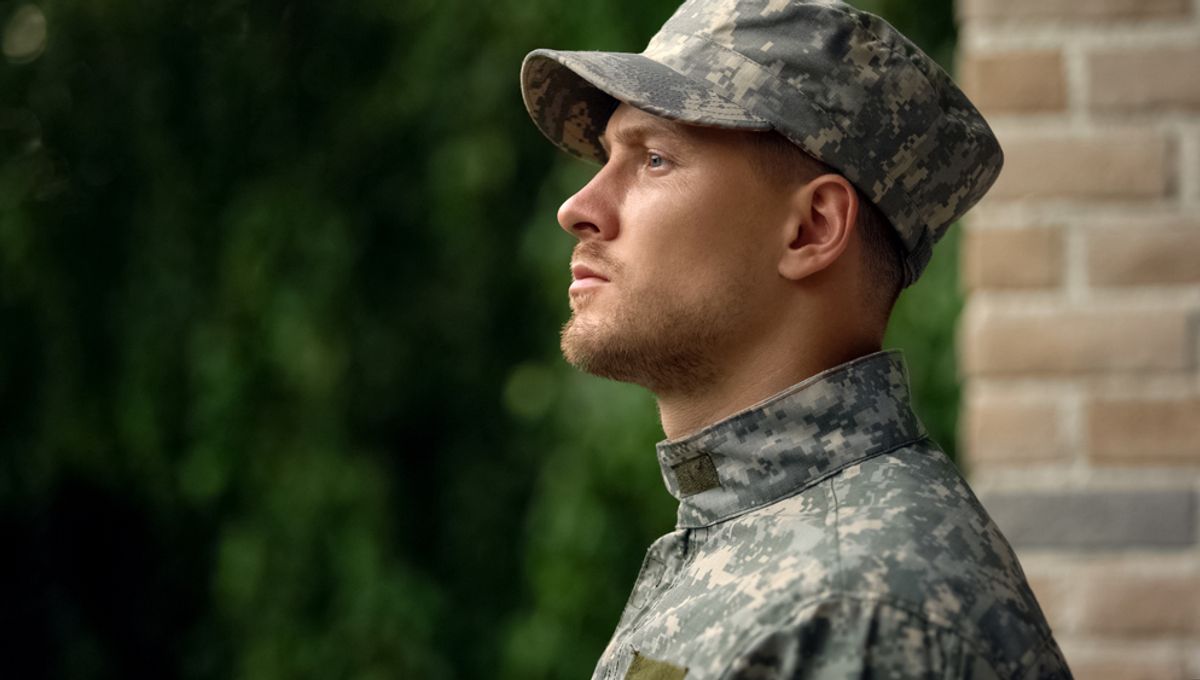
For years now, the potential benefits of psychoactive drugs have been slowly moving from “hippie nonsense” to “science-backed research.” From magic mushrooms to psychedelic toad milk, it seems ever clearer that tripping balls can actually be a pretty effective treatment for certain mental illnesses – including, suggests a small new study out of Stanford University, those that stem from traumatic brain injury (TBI).
“No other drug has ever been able to alleviate the functional and neuropsychiatric symptoms of traumatic brain injury,” said Nolan Williams, an associate professor of psychiatry and behavioral sciences and co-author of the study, in a statement. “The results are dramatic, and we intend to study this compound further.”
The drug in question is one you may not have heard of: ibogaine. It’s derived from the roots of the iboga shrub, which grows in central west Africa; indeed, it has a local history of ritual and religious use stretching back centuries.
Slightly less well-established is the compound’s use in Western medicine – though even this goes back at least six decades, to when pharmacologist Howard Lotsof first realized the drug’s effectiveness at treating opioid addiction in 1962. But despite his being granted a patent for the therapy – and ibogaine’s widespread use in drug treatment clinics across the world – the substance remains illegal in the US, with possession of any amount being punishable by up to 20 years in prison.
It’s legal in Mexico, however – which is where Williams and his colleagues found the volunteers for their trial: thirty special operations veterans, all suffering with disabilities stemming from TBI, and all of whom had independently checked themselves into a clinic in Mexico for treatment with magnesium and ibogaine.
“These men were incredibly intelligent, high-performing individuals who experienced life-altering functional disability from TBI during their time in combat,” Williams said. “They were all willing to try most anything that they thought might help them get their lives back.”
Pre-trial assessments found that the average score on the World Health Organization Disability Assessment Schedule 2.0 (WHODAS-2) – a way of measuring disability and health across multiple facets – was more than 30, indicating mild-to-moderate disability. A few were much higher even than that. Many of the group also met the criteria for PTSD, anxiety disorders, suicidality, and alcohol use disorder – all conditions that are known to be comorbid with TBI.
But upon treatment with ibogaine, the participants’ symptoms improved significantly – and fast. Immediately after the intervention, the average WHODAS-2.0 score had dropped below 20, indicating borderline-to-mild disability, and the vets’ executive function and cognitive processing speeds were showing significant improvement. And the results just kept improving: one month after the treatment, that WHODAS-2.0 score had dropped all the way down to 5.1, indicating no disability, and symptoms of PTSD, depression, and anxiety had reduced by more than 80 percent on average.
“The drug seems to have a broad, dramatic and consistent effect,” Williams told Nature. But here’s the question: was it actually the ibogaine that helped?
See, while the results of the study are encouraging for many reasons, the researchers are not shy about its limitations. This was not a randomized controlled trial, and it centered entirely on a very small group of self-selected participants who were both not representative of the population at large and, let’s face it, sort of going on vacation for a bit while they underwent the treatment.
“We cannot exclude the possibility that the therapeutic benefits were a result of expectancy rather than [ibogaine], the authors admit in the study. “Similarly, the complementary therapeutic approaches available… during their stay in Mexico may have played a role in the therapeutic benefit that we observed.”
Even if it was the ibogaine, we don’t have a good enough handle on the mechanism of the drug to figure out whether it was helping the vets’ TBI, or something else. “The improvement in the [cognitive disability] scores could be related to improvement in TBI, but it also could be related to improvement in PTSD and depression, both of which are associated with cognitive and functional impairment,” John Krystal, chair of Yale University’s Department of Psychiatry in Connecticut and professor of psychiatry, neuroscience, and psychology, told Medical News Today. “Thus, although all of the patients had TBI, we cannot infer that ibogaine is an effective treatment for TBI from this study.”
Still, the results are “very encouraging”, said Krystal, who was not involved in the study. “I believe [this] justifies further research on the safety and effectiveness of ibogaine as a treatment, but it does not yet support implementation of ibogaine in clinical practice.”
The study is published in the journal Nature Medicine.
Source Link: Obscure Psychoactive Drug Incredibly Effective At Treating PTSD In Military Vets, Study Suggests